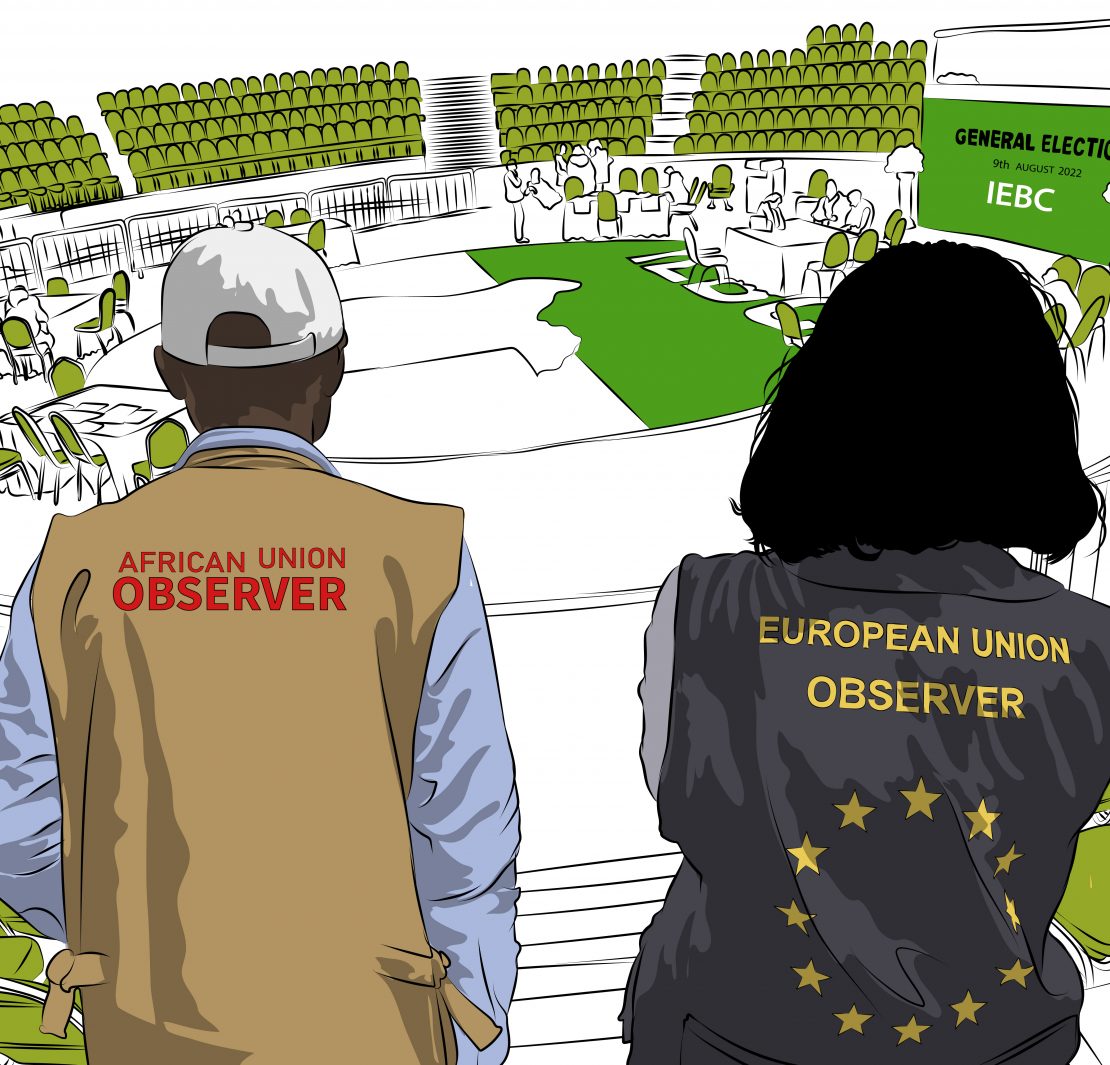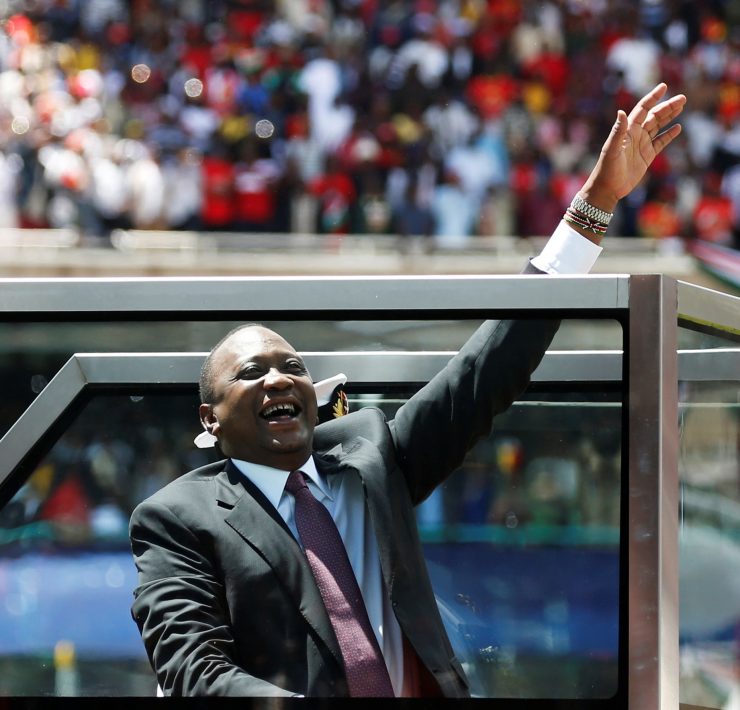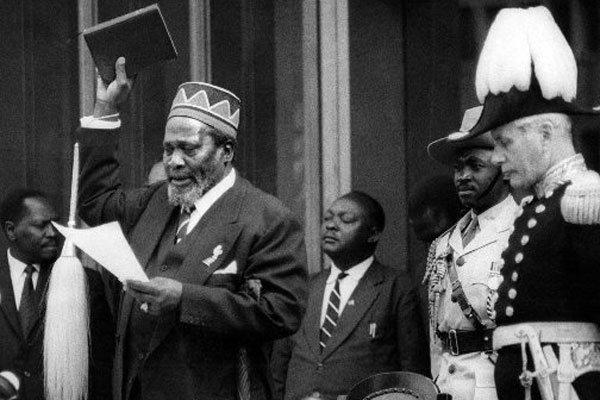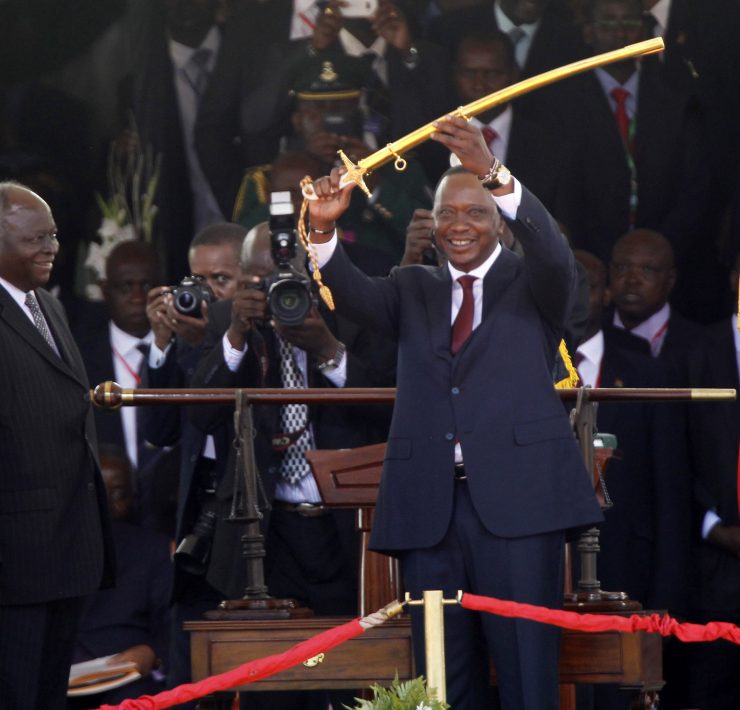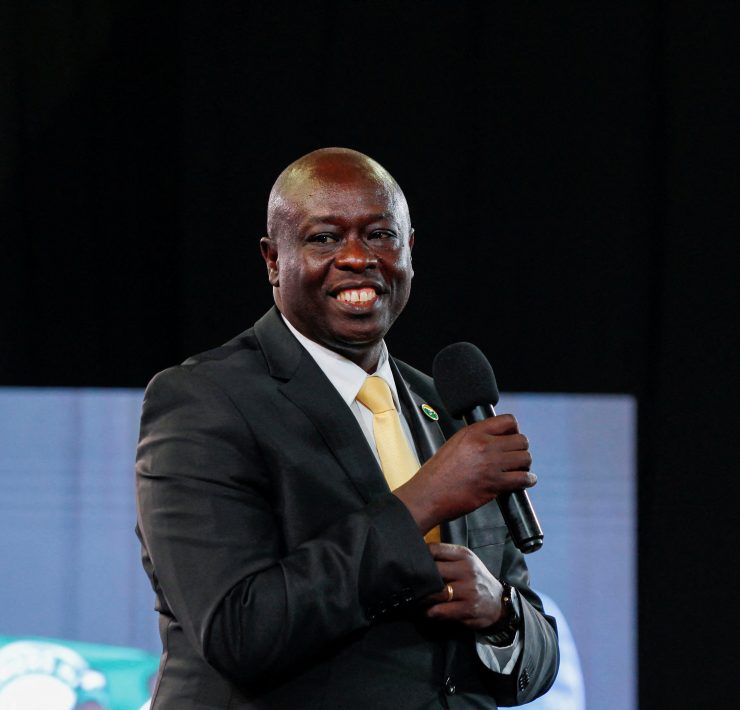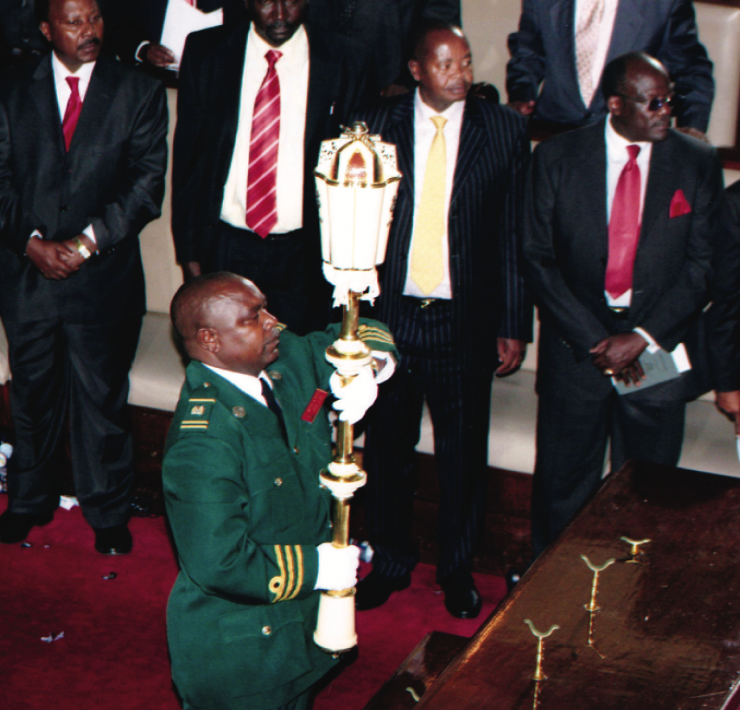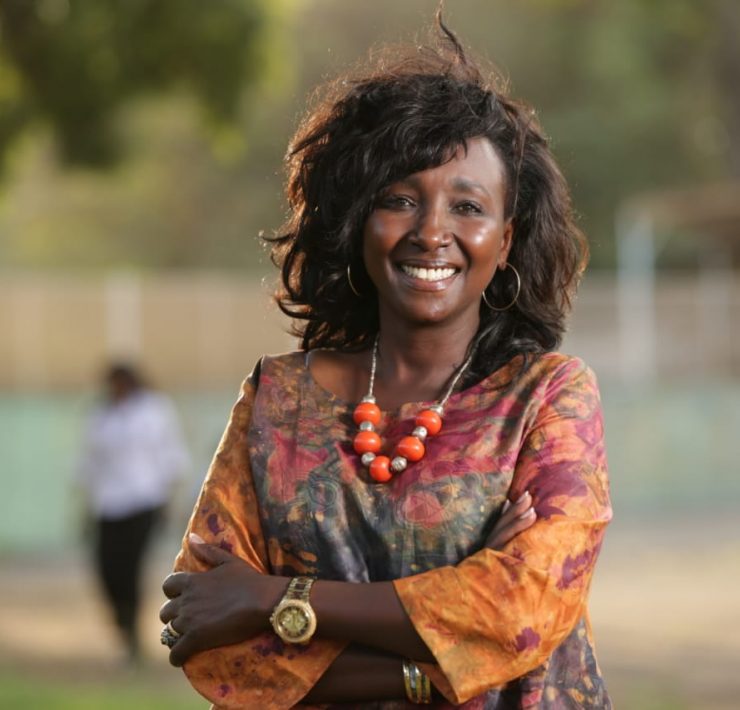About 18,000 local and international observers were accredited by the Independent Electoral and Boundaries Commission (IEBC) to monitor polling stations in the 290 constituencies around the country, ahead of the 9 August polls. 1300 of them were international observers, from a cross-section of regional and occidental election observer missions.
The most notable were the East African Community Election Observer Mission (EAC-EOM), the African Union and Common Market for Eastern and Southern Africa Election Observer Mission (AU-COMESA-EOM), the Commonwealth Observer Group (COG), the European Union Election Observer Mission (EU-EOM) and the Carter Center International Observation Mission (CCIOM), among others.
The Mandate of the Observers
Election observation is widely accepted around the world as an impartial and acute assessment of the conduct of the electoral process of any country. Observers are expected to cover the entire process as broadly as possible, from the pre-election period, the election day and the post-election period. Ideally, their work should begin months before election day, where they are to monitor voter registration, evaluate the work of the electoral management body, assess the political campaigns, and follow media coverage of the elections.
On the day of the elections, the observers’ primary task is to keep an eye on developments at polling stations and monitor the vote count. However, given how difficult it is to arrange full-time coverage of every polling station, they observe a representative sample in both urban and rural polling stations. At the end of the electoral process, observer missions issue reports of their findings and assessments of the electoral process and then offer recommendations for improvement, if any.
The Observations, So far
Elections Observation Group (ELOG)
- Parallel Vote Tabulation (PVT) estimates were consistent with IEBC’s official results.
- Noted the improved voting mechanism and transmission of results, save for a few administrative issues such as the last-minute postponement of some county gubernatorial elections.
- Recommended that aggrieved parties explore legal means to challenge election outcomes, especially on the presidential results.
- Recommended a reduction in the cost of elections, to avoid overburdening tax payers.
- Suggested the implementation and enforcement of the campaign finance regulation to avoid giving an undue advantage to the incumbents.
The East African Community Election Observers Mission (EAC-EOM)
- Use of technology in voter registration, identification and results transmission enhanced efficiency and the transparency of Kenya’s electoral process.
- Instances of voter identification challenges using the KIEMS kit should be looked into for future elections.
- Commended mainstream media for their work on voter education and coverage of the electoral process.
- Acknowledged that there were problems associated with disinformation, misinformation and hate speech, at various stages of the electoral process.
African Union COMESA Election Observer Mission
- IEBC did a commendable job with regard to stakeholder engagement, by communicating strategically through periodic briefings and social media.
- Freedom of the press was also ensured, and the campaign environment was vibrant and largely peaceful.
- Late release of funds to the IEBC by the National Treasury impacted effective and comprehensive implementation of key electoral processes such as voter education.
- Noted that within 24 hours of the close of polling, over 95% of the polling stations had transmitted presidential results forms (form 34A) to the National Tallying Centre.
- While the IEBC accredited several civil society organisations to complement its efforts in conducting voter education, the exercise commenced late and was not comprehensive.
- Despite the relatively high youth population (18-35), there was low youth registration in the 2022 elections.
- Observed that the 2022 elections witnessed a high level of participation of political parties and independent candidates.
- Noted the active involvement of various civil society organisations in the electoral process.
Commonwealth Observer Group (COG)
- Commended the peaceful political environment in which campaigns and elections were held.
- Noted the commitment by political leaders to rebalance the gender ratio in elective positions.
- Time lag between the provisional and official results.
- No arrangements for advance voting for polling staff, security personnel, and other essential workers working on election day away from their voting stations.
- Polling staff and security personnel were proactive in assisting and granting priority to the elderly, pregnant and nursing mothers, and persons with disabilities.
- Commended the IEBC for abiding by constitutional provisions to allow prison voting for the presidential election.
- Party agents were present in all polling stations observed in significant numbers and attentive in the conduct of their duties. Disputes that arose were resolved satisfactorily with polling staff.
- The close and count followed due process, with a high degree of transparency.
- Polling staff undertaking vote counting were clear and methodical in the conduct of their duties.
- Results transmission phase commenced fairly smoothly with few issues reported.
The European Union Election Observer Mission (EU-EOM)
- Lack of proper finance oversight created an uneven playing field for those with less access to campaign funds, especially women.
- Implementation of the new KIEMS system suffered because of deficient planning and lack of coordination between institutions.
- IEBC made significant efforts to implement the two-thirds gender rule in party list registration, with 98 percent party compliance.
- TikTok emerged as one of the most popular social media apps for sharing campaign content online.
- Biometric voter identification was problematic in 29 out of 430 polling stations visited, with KIEMS not being able to immediately verify fingerprints and having to verify alpha-numerically.
- Required integrity checks during ballot reconciliation, such as not counting unused ballots, were not followed in 9 out of 40 polling stations visited. Ballots were also not packed in tamperproof envelopes in 10 out of the cases.

